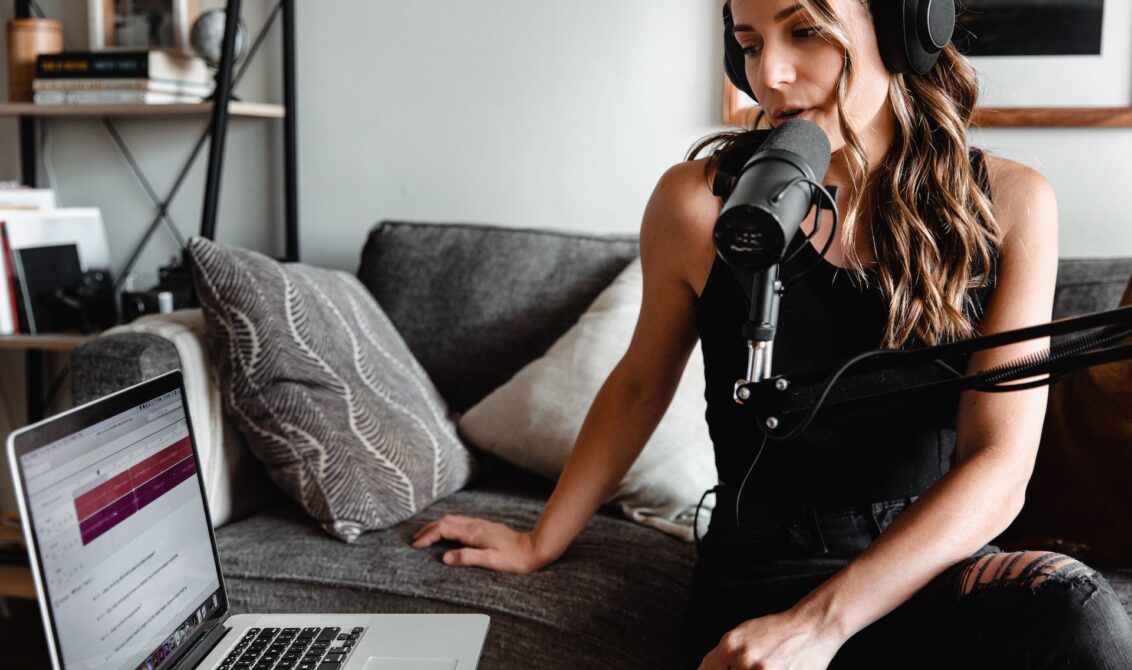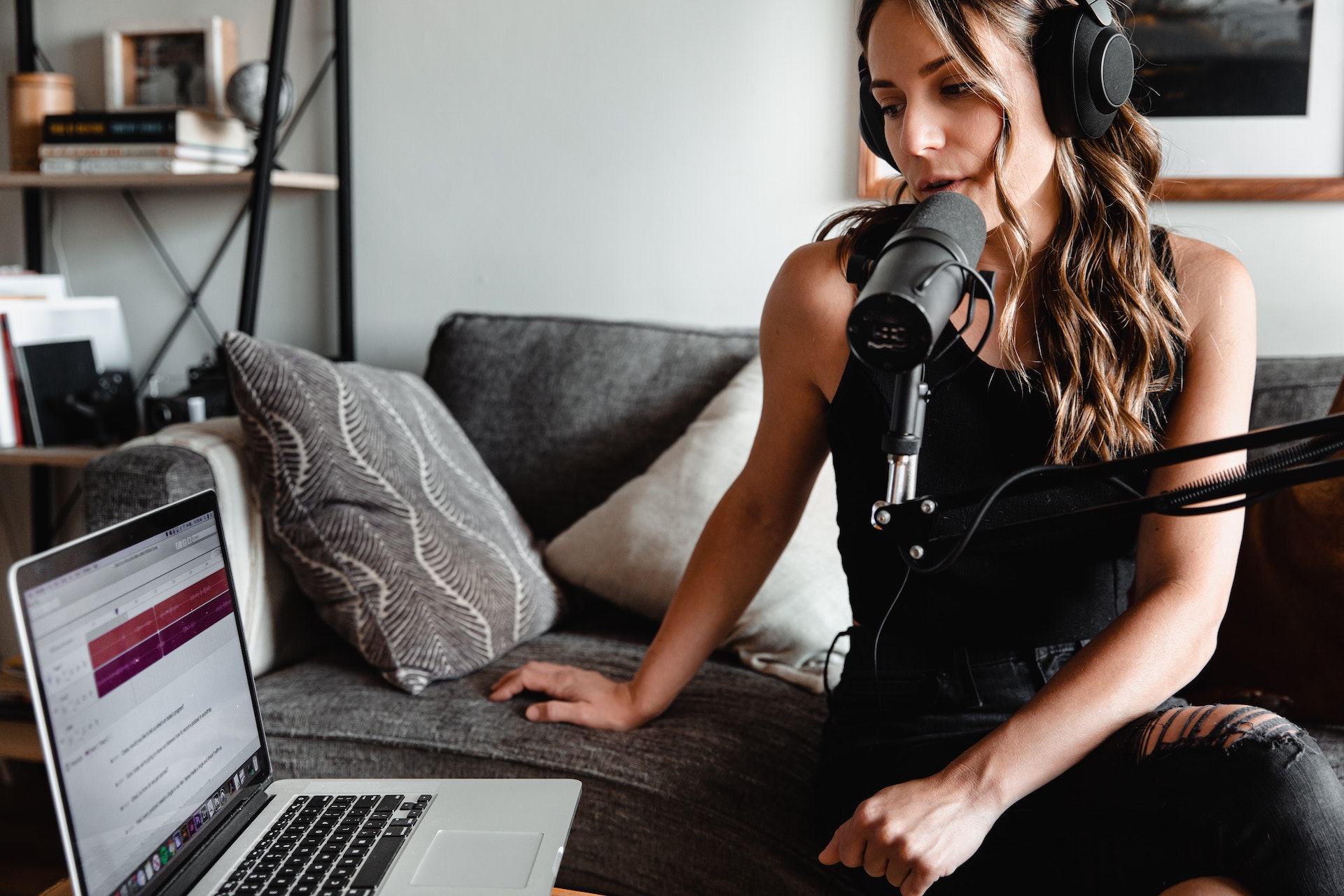There are two primary reasons business owners decide to start podcasting: to grow their following (i.e., reach a wider audience) and to build authority.
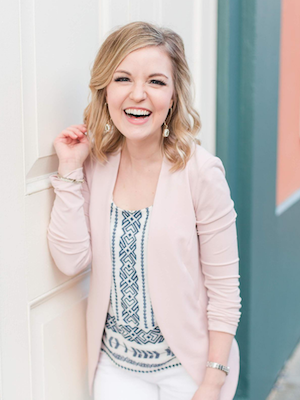
Being the host of a top-ranked, highly successful show can certainly help you achieve those goals. But before you publish your first podcast episode, make sure to avoid these rookie mistakes.
1. Self-editing your show
Did you know it generally takes longer to edit a podcast episode, then it does to record it? Editing a podcast takes time. Most professional podcast editors will spend between 3 and 5 minutes of audio editing each minute of a podcast. So, a twenty-minute recording may only take about an hour and a half of audio editing time, but one-hour episodes easily require half of a workday.
Want to know the thing that causes most podcasters to quit podcasting? Time. It takes time to create and record content–and even more time to edit it yourself.
As a business owner, it’s up to you where you choose to spend your time. Which is why I recommend outsourcing the podcast editing so you can focus on creating high-quality content your audience will rave about.
Outsourcing to a podcast editor is not as expensive as you might think. You can have a podcast edited for as low as approximately $30 an episode. It’s a worthwhile investment so you can free up more of your time to focus on key revenue-driving activities and on creating high-quality content for your audience.
2. Launching a podcast without validating your idea first
Your audience wants to learn more from you! They don’t always want to listen to what you feel like talking about. With a podcast, you can build instant know-like-trust with your audience faster than you can on social media and email combined.
“Hosting a podcast is also the fastest way to break those bonds of know-like-trust when you blabber on about topics that aren’t helpful to your audience.”
Before you say to yourself, “I would never do that,” think again. When was the last time you surveyed your audience to find out if your content is what they want to hear? The quickest way to find out if your show will be a home run with your target audience is to ask them.
Is it worth creating a show without audience input if nobody listens? Probably not. However, the real issue is not whether people will listen–it is whether you know how to create a show worth listening to.
With a few simple questions, you can test your show idea with your audience and use their feedback to make sure podcasting is a worthwhile investment. Use the feedback to fine-tune your idea and turn it into a noteworthy show.
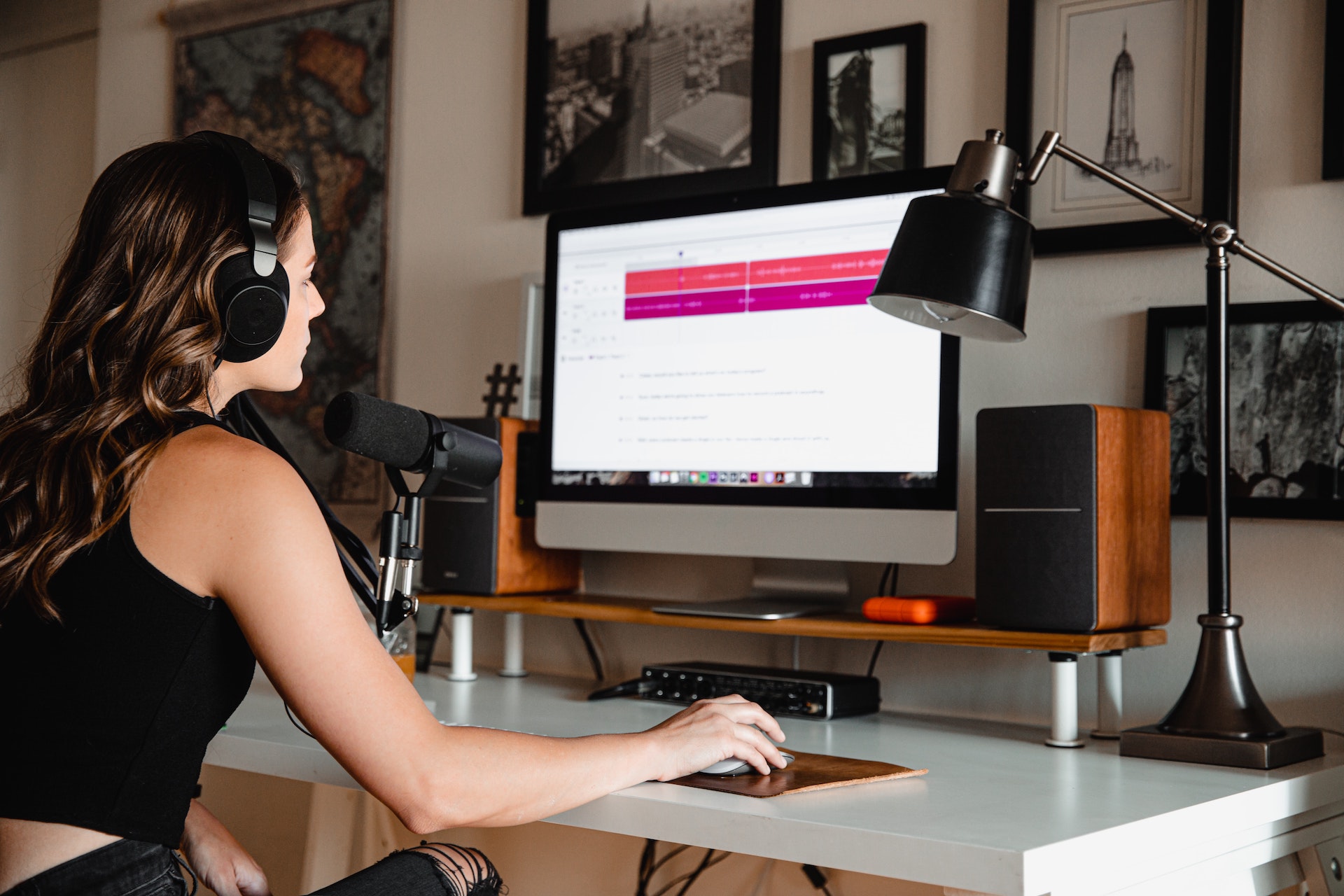
Just like you’ll want to test out your show idea before spending time creating content people aren’t into, you’ll also want to test episode ideas with potential listeners and see which ones land.
The key here is to ask your most ideal clients for their feedback on episode ideas–not your mom, colleagues, or your best friend. Ask people who you are creating this show for in the first place.
If you have a blog, active social media community, or targeted email list, survey your audience and ask them to vote on their favorite episode topics. You can also send out a survey or a simple email asking your audience to share their biggest struggle in order to create solution-oriented content.
For example, before I created my globally ranked show The EffortLESS Life Podcast, I asked my audience: “What is the number one struggle you’re experiencing in your business right now, that you’d like to see me talk about on an upcoming episode?” Their feedback surprised me.
Some of the issues they struggled with were topics I would’ve never have thought to address in my podcast. This helped me to create content geared toward my audience, which further reinforced my authority and credibility as an expert, and as someone who is genuinely interested in helping solve problems.
3. Skipping the podcast launch strategy
You need a launch strategy if you plan to beat your competition and gain traction. Anyone can create a podcast. Few people know how to launch a podcast the right way.
A quick Google or YouTube search will return thousands of hits in a matter of seconds telling you everything you need to know to get a show up and running. Yet, Googling “podcast launch strategy” doesn’t yield the same results.
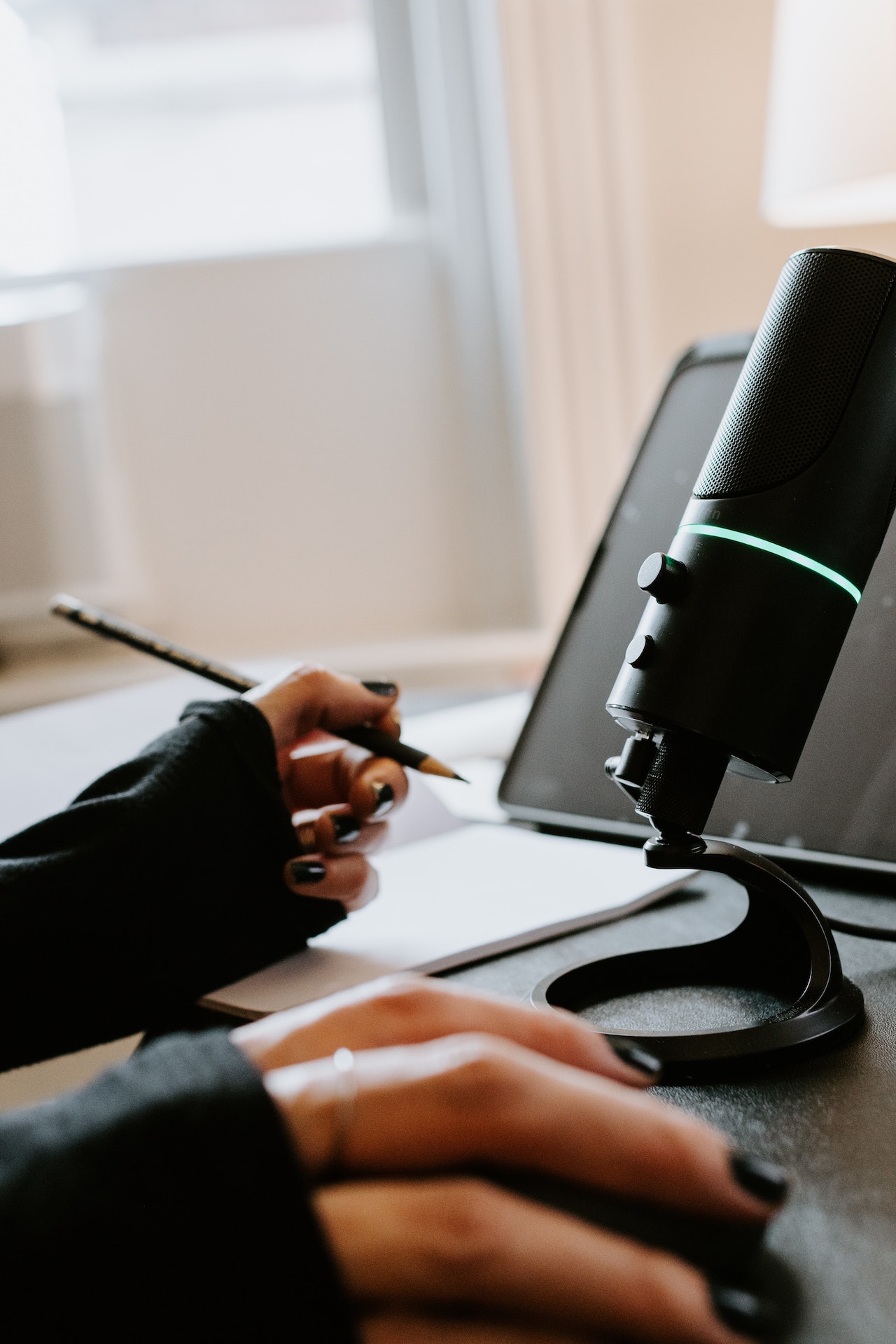
With a clear launch strategy, you can legally outsmart Apple’s algorithm and rank your first week, gain dozens of 5-star reviews, and build a community of raving fans. This is how we monetized and built momentum with our show so quickly; within five months we were ranked among the top 300 shows in the U.S. in Business and Education categories and tripled the average number of downloads most podcasters get in their first year.
Even better, when we started sharing our launch formula with colleagues, they got even better results with their show than we did! One of our friends ranked #34 in a highly-competitive category during his first week, with over 100+ five-star reviews. More importantly, he had the best month of sales in his business ever and attributes it to the early success of his podcast.
4. Failing to monetize your podcast from day one
You’ve got your show idea locked in, you’ve planned episode content, and you’re ready to start recording. Don’t be like most first-time podcasters, who wait to monetize their show until they’ve built their listener base.
You can monetize your show from day one without paid ads or sponsorships. If you sell products or services, you’re missing out on a massive opportunity to share your offering and convert your listener base into satisfied customers.
“If you sell products or services, you’re missing out on a massive opportunity to share your offering and convert your listener base into satisfied customers.”
There’s a right and a wrong way to do this, but the key to remember with podcasting is this: there is a huge opportunity to build deeper relationships with your customers and ideal clients. Warm them up so they’ll be ready and willing to purchase whatever you offer.
There are over twenty ways to monetize a podcast without pitching potential sponsors or paying for ads. Whether you have an online or brick-and-mortar business, hosting a podcast is the fastest, most inexpensive way to get ready-to-buy traffic to your door.
Courtney Elmer is a Wellness Entrepreneur, Business Coach, and Founder of The EffortLESS Life®: a brand dedicated to shattering the myth that hard work and hustle are necessary for success. Through her signature digital programs (The EffortLESS CEO™ Academy and The EffortLESS Podcasting Formula™ ), top-ranked podcast (The EffortLESS Life®) in-depth workshops, and mastermind retreats, she teaches overworked entrepreneurs how to build authority in their niche and run their business like a real CEO, so they can stop overworking and start creating the greater income, influence, and impact they deserve. Her podcast, The EffortLESS Life®, is ranked among the top 300 shows in the U.S. in the categories of Business and Education and is dedicated to helping people build a business that provides the freedom they’ve been looking for.
© YFS Magazine. All Rights Reserved. Copying prohibited. All material is protected by U.S. and international copyright laws. Unauthorized reproduction or distribution of this material is prohibited. Sharing of this material under Attribution-NonCommercial-NoDerivatives 4.0 International terms, listed here, is permitted.
